#ReaCT2021 – The Islamic State and Al-Qaeda online terrorist propaganda during the Covid-19 emergency. Comparing strategies
by Stefano Mele, President of the Cybernetics Security Commission of the Italian Atlantic Committee [1]
Al Baghdadi’s death in October 2019 has determined the definitive collapse of the Caliphate and the defeat of the so-called Islamic State, at least concerning the territories. However, the multiple and continuous propaganda activities carried out during the health emergency linked to Covid-19 and, particularly, the recent terrorist attacks of Paris, Nice and Wien served as a memento that this terrorist organization is far from being considered as a threat to be filed in history books, but is, in fact, in a mere phase of descent and reorganization. This is proved by the largely stable number of attacks in the last twelve months, as well as the high number of arrests made by the Police.
At the same time, Al-Qaeda is also experiencing a period of strong disorientation linked, among other things, to the death of three of its leaders during 2020: Hamza Bin Laden, heir of Osama Bin Laden, killed in July during a Navy Seal’s raid between Afghanistan and Pakistan, Abu Muhamamd Al-Masri, killed in August by the Mossad, in the streets of Teheran, and Ayman Al-Zawahiri, died in Afghanistan in November, for natural causes.
Nevertheless, both the Islamic State and Al-Qaeda have continued to assert their identities in order to maintain strong ties with the militants, focusing first and foremost on propaganda and proselytism through Internet and new technologies. If, on the one hand, the overall analysis of their online activities during the pandemic shows a considerable intensification of these activities, on the other hand it confirms the pre-existing narratives and their broader communication strategy, mainly dictated by the different positions of strength currently exercised by these two terrorist organizations.
In this sense, the Islamic State has continued along its well-known path, linked to a narrative that is always particularly aggressive and confrontational, identifying the Coronavirus as a real “Allah’s soldier”. An ally, able to offer to their network –as reported in some press releases – a unique opportunity to strike infidels without mercy and when they least expect it. Their attention was particularly focused on the Military and the Police who, according to the Islamic State’s proclamations, would have been an even easier target, given their deployment in the streets and alleys due to the health emergency.
On the other hand, Al-Qaeda’s propaganda during the pandemic stood in stark contrast with the messages of the Islamic State. It relied on much more “persuasive” and unusually conciliatory narratives towards non-Muslims, aimed first and foremost at continuing to pursue the policy of “heart and mind”, which is long aimed to appeal ordinary Muslims and casual Westerners alike. Therefore, it is not a coincidence that almost all their statements during this period have focused on a general invitation to Western nations to join Islam, after that – as they say – Coronavirus has rendered strong economies, armies and governments impotent. A clear example of what is being said here is the six-page document of March 2020, entitled “The Way Forward: A Word of Advice on the Coronavirus Pandemic”. Clearly addressed to a Western audience, the Al-Qaeda message focuses on highlighting the role of the Coronavirus as a divine punishment for the alleged moral and intellectual decadence of the West. “We invite you to reflect on the phenomenon that is Covid-19 and carefully consider its deeper causes” Al-Qaeda’s senior executives write – “The truth remains, whether we like it or not, that this pandemic is a punishment from the Lord of the Worlds for the injustice and oppression committed against Muslims specifically and mankind generally by governments you elect”. After that an “invisible soldier” [COVID-19, NdA] revealed the intrinsic weakness of West’s materialistic ways, the press release continues with a “General appeal for the masses in the western world to embrace Islam”. “We would like to share with you our desire that you should be our partners in the Heavens the expanse of which is far greater than the earth and the sky” – as said in this Al-Qaeda’s statement – “It is in this spirit that we would like to introduce you to Islam and invite you to enter into peace, for this is the only path that leads to prosperity in this world and deliverance in the Hereafter”.
A point of contact in the propaganda activities of these two terrorist organizations can be found, however, in relation to their communications concerning precautions to be taken in order to avoid infections. Al-Qaeda, for example, has widely promoted Islam as a hygiene-oriented religion that encourages cleanliness and personal hygiene, also through the regular ablutions to perform prayers, thus making an implicit reference to hygiene as a way to avoid being affected by the Coronavirus.
On the other hand, the Islamic State has propagated in general terms the of health and safety measures derived from religious literature and health advice dictated by Islam, especially through the al-Naba’ newsletter. However, this “sensitivity” towards their own network has not prevented them from strongly criticizing the policies of closing mosques or limiting communal prayers. In particular, the Islamic State released a large number of images in May, showing its militants enjoying Ramadan meals and community prayer without any trace of social distancing.
The short-term effects of this strategy can be seen in the recent attacks in Paris, Nice and Wien, where – at least according to the information currently available – the attacks seem to have been carried out by cells who were inspired by the messages of the Islamic State, even if not actually coordinated by them. Foreseeing medium to long-term effects is more complex and less predictable. As a matter of facts, if it is true that the persistence of the health crisis, increasingly combined with the economic one, the continuous fueling and channeling of social anger towards hostile actions and the persistent “call to action” of the Islamic State, may represent the perfect mix for be forced to look at the near future with concern, the final result can’t be so obvious and clearly delineated for all States. In fact, the same pandemic that has so far represented the key element for the strengthening of online propaganda activities, could also constitute – at least in Europe – a brake to violent radicalization, especially as long as the so-called “lockdown” measures continue. However, as the health crisis recedes the situation will have to be analyzed on a case-by-case and country-by-country basis, in order to highlight those online and offline indicators that may presage an imminent and violent drift.
DOWNLOAD THE REPORT (ITA/ENG)
[1] Stefano Mele is Partner of Carnelutti Law Firm, where he is the Head of the Technology, Privacy and Cybersecurity Law Department. He deals at national and international level with the political, strategic and legal aspects of the impact of technologies on citizens’ lives, businesses and national security. He is also the President of the Authority for Information and Communication Technologies of the Republic of San Marino. Among the many positions held, he is also the President of the Cybernetics Security Commission of the Italian Atlantic Committee and the President of the “Working Group on Cybersecurity” of the American Chamber of Commerce in Italy (AMCHAM). In 2020 he participated in the prestigious International Visitors Leadership Program (IVLP) of the US State Department.









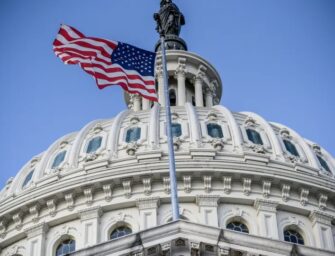
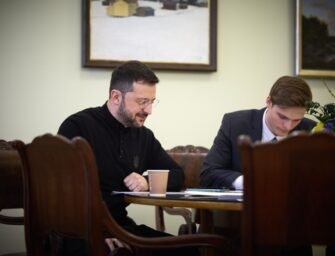
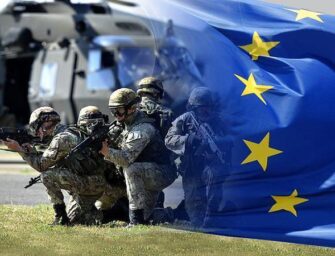



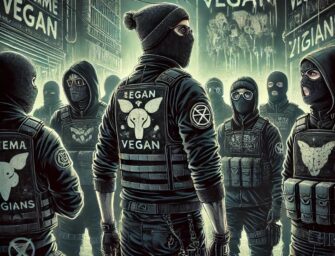
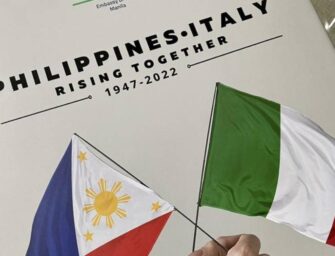




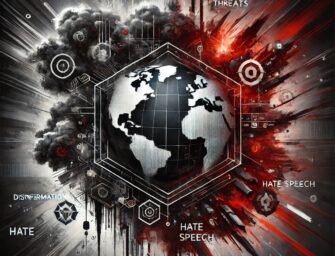

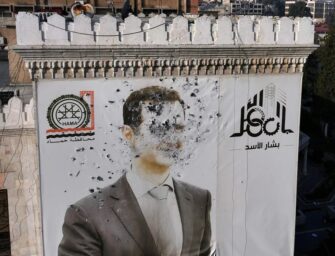
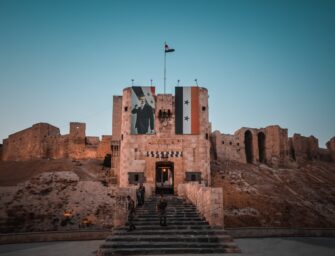



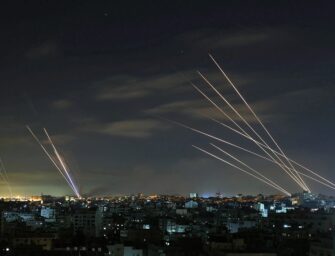

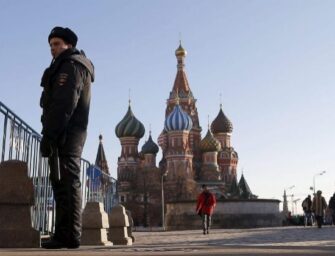
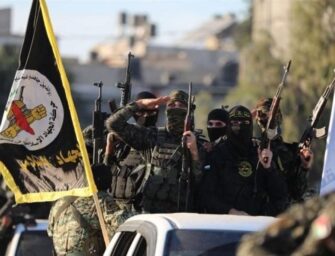
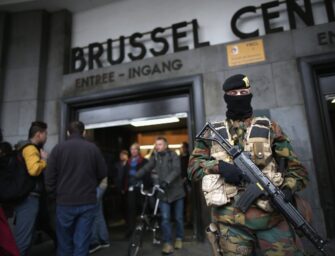

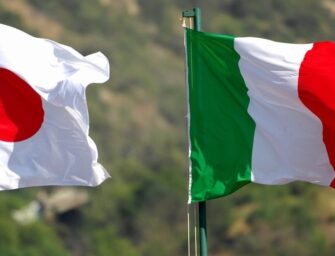
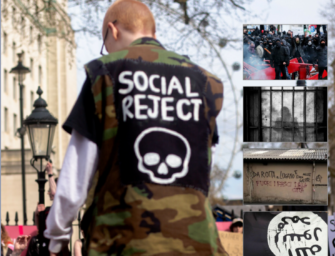
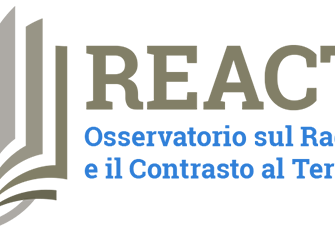
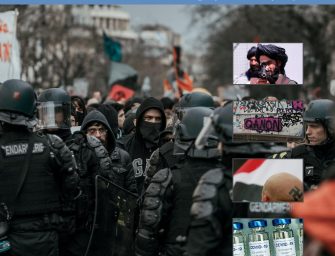

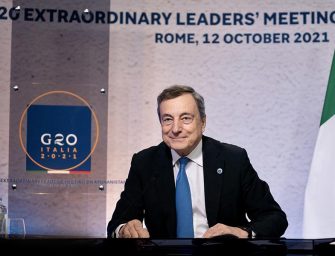
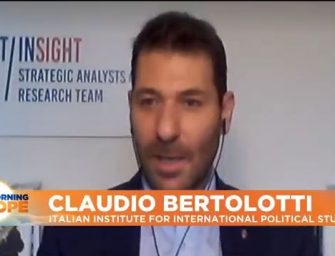

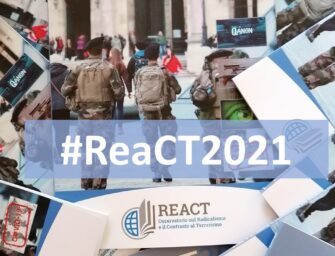
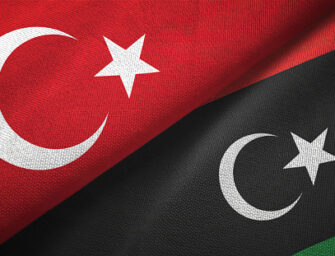

There are no comments
Add yours